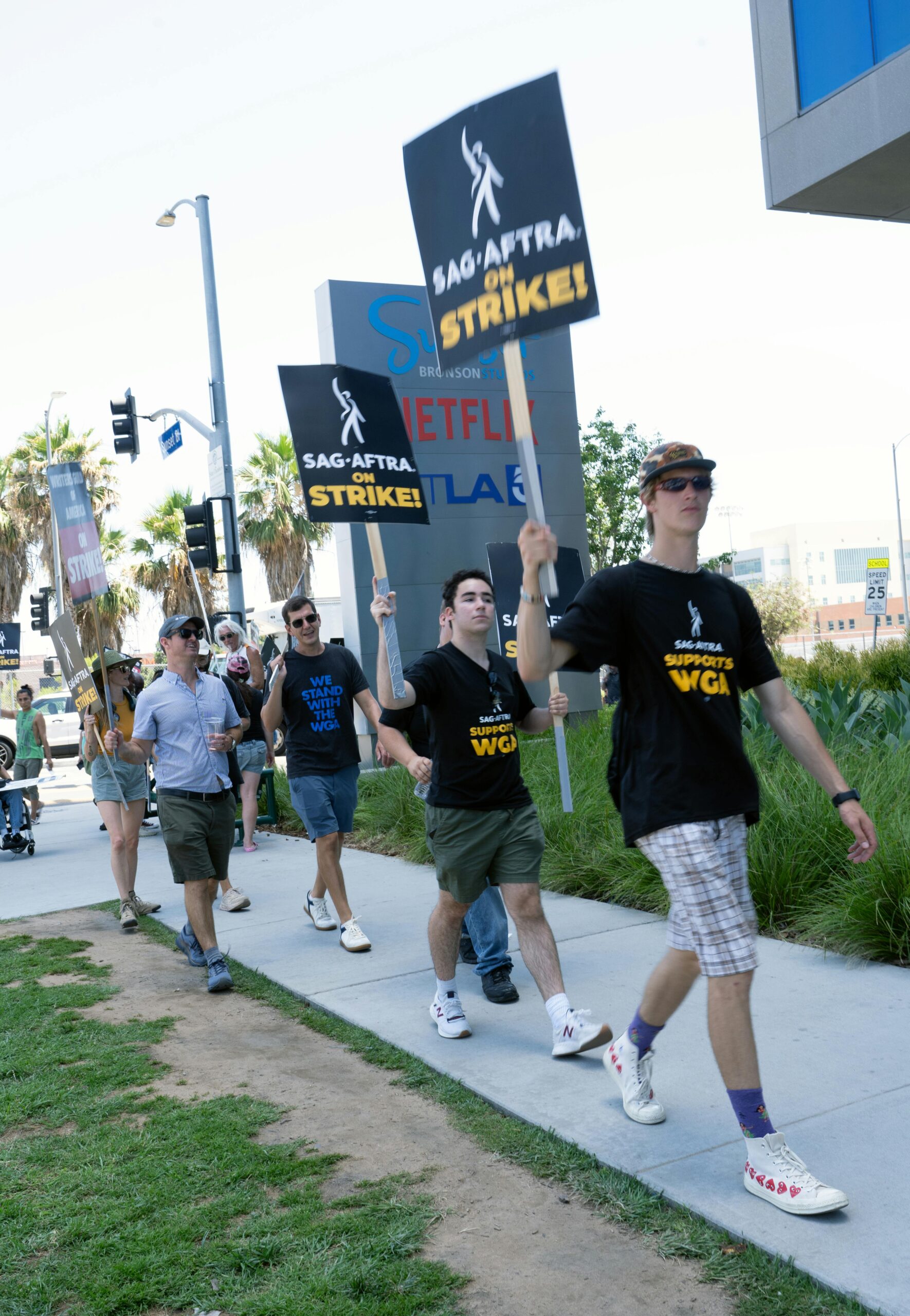Elon Musk, the billionaire CEO of Tesla and SpaceX, has long been a polarizing figure in both tech and labor circles. Recent years have seen escalating accusations of union-busting practices across his companies, drawing scrutiny from regulators, labor advocates, and the media. The National Labor Relations Board (NLRB) has repeatedly charged Musk’s firms with violating labor laws, alleging tactics such as intimidation, retaliation, and suppression of worker organizing efforts. These claims highlight a broader tension between Musk’s vision of rapid innovation and the rights of employees to advocate for better working conditions. This article examines the specifics of these allegations, explores their legal and ethical implications, and considers what they reveal about labor relations in the modern tech-driven economy.
The NLRB’s Findings and Musk’s Defiance
In multiple rulings, the NLRB has accused Tesla and SpaceX of systematically discouraging unionization. For instance, a 2021 NLRB decision found that Tesla illegally interrogated employees about union activities, threatened layoffs if workers organized, and restricted pro-union materials. Musk himself has drawn criticism for public statements, including a 2018 tweet suggesting Tesla workers would lose stock options if they unionized—a statement the NLRB deemed unlawful. Despite these rulings, Musk’s companies have often contested the charges, framing them as overreach by regulators. This defiance underscores a recurring theme: Musk’s rejection of traditional labor structures in favor of a “mission-driven” workplace culture, which critics argue prioritizes productivity over worker rights.
Union-Busting Tactics in the Tech Sector
Musk’s companies are not alone in facing union-busting claims, but their strategies reflect a tech-industry playbook. Tactics include:
- Mandatory anti-union meetings, where employees are warned about the risks of collective bargaining.
- Surveillance and social media monitoring to identify and isolate pro-union voices.
- Retaliation through reassignments or dismissals, as alleged by former Tesla workers in ongoing lawsuits.
These methods, while legally contentious, are often justified by companies as necessary to maintain operational flexibility. However, labor experts argue they create a chilling effect, stifling legitimate discourse about wages, safety, and equity—issues particularly relevant in high-pressure industries like automotive manufacturing and aerospace.
The Ethical Dilemma of Innovation vs. Labor Rights
Musk’s ventures are celebrated for pushing technological boundaries, yet this ambition often clashes with labor advocacy. Supporters argue that Musk’s leadership drives unparalleled innovation, claiming unionization could slow progress. Opponents counter that dismissing labor rights undermines long-term sustainability. For example, Tesla’s Fremont factory has faced repeated safety complaints, with workers citing grueling production targets. Unions argue such issues could be mitigated through collective bargaining. The conflict raises a critical question: Can companies revolutionize industries without sacrificing fair treatment of the workforce? Musk’s approach suggests a belief in top-down control, but growing employee activism—evidenced by recent union wins at Amazon and Starbucks—challenges this model.
Broader Implications for Labor Movements
The backlash against Musk’s companies coincides with a resurgence of labor organizing in the U.S., particularly in tech and gig economies. High-profile campaigns at Google, Microsoft, and Apple indicate a shift toward employee empowerment, even in sectors historically resistant to unions. Musk’s resistance, meanwhile, reflects a corporate counter-movement aiming to preserve managerial autonomy. The outcome of these battles could redefine labor dynamics in innovation-driven fields. If regulators impose stricter penalties or workers secure stronger protections, it may force tech giants to reconcile their disruptive ambitions with equitable workplace practices. Conversely, a victory for Musk could embolden other CEOs to resist unionization efforts, further polarizing the debate over corporate accountability.
Elon Musk’s union-busting accusations encapsulate a pivotal struggle between corporate power and worker rights in the 21st century. While his companies’ alleged tactics are not unique, their high-profile nature and Musk’s vocal opposition to unions amplify their significance. The NLRB’s rulings, employee testimonies, and ethical debates over innovation versus labor protections all underscore a systemic issue: the tension between efficiency-driven leadership and democratic workplace governance. As labor movements gain momentum, the tech industry’s response—whether through adaptation or resistance—will shape not only its own future but also broader societal norms around equity and accountability. For now, Musk’s stance remains a litmus test for how far corporations can go in prioritizing progress over people.
